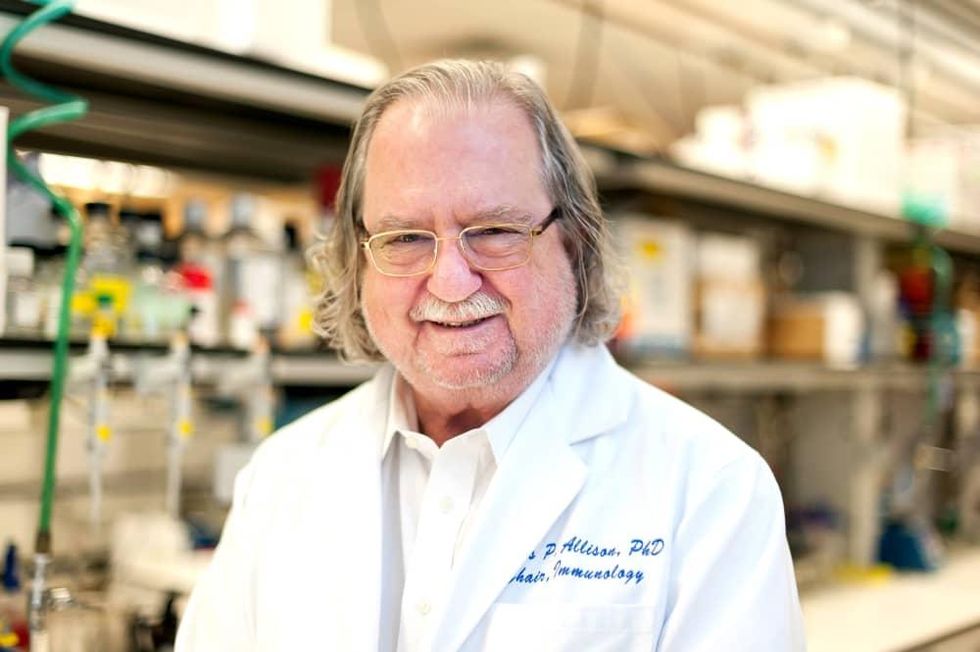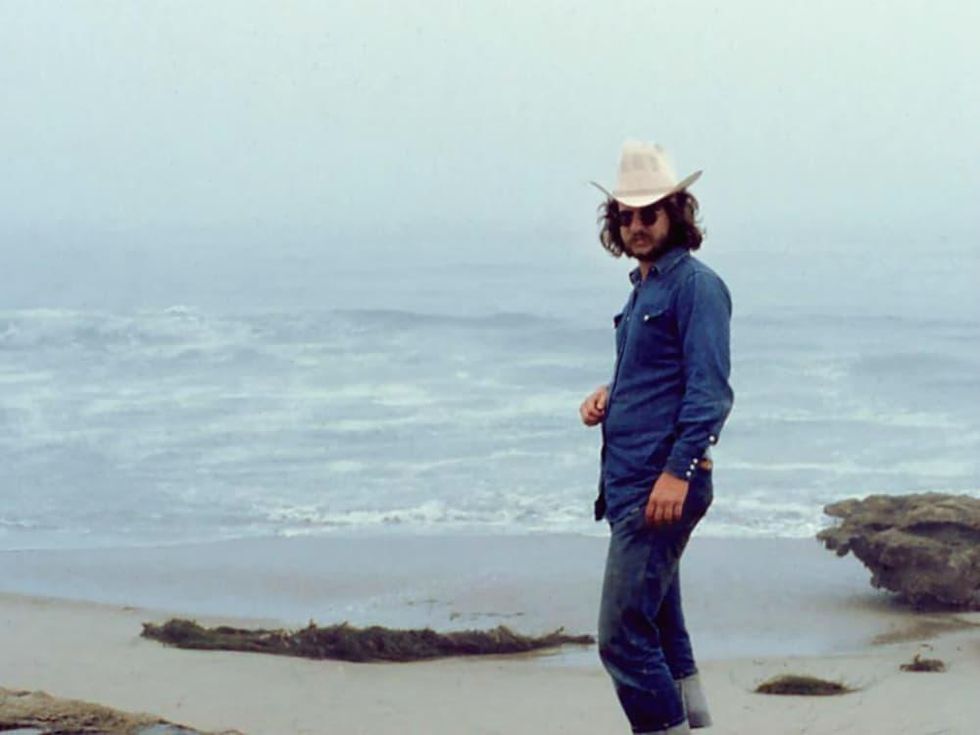allison's road
Heroic Houston Nobel Prize winner featured in notable new film at SXSW

For most of his career, James Allison has been a cancer research wildcatter fighting an oftentimes lonely battle for the advancement of immunotherapy. The medical community has historically been skeptical of the science, but nonetheless Allison dedicated his life to developing a better treatment to the disease that has claimed so many lives — including his mother's.
Last year, Allison, chairman of the Immunology Department and executive director of the Immunotherapy Platform at MD Anderson, won the 2018 Nobel Prize in medicine, and Breakthrough, a film about Allison's progression from early researcher to Nobel Prize recipient, premiered on March 9 at the 2019 SXSW Interactive festival.
Breakthrough tells the story of Allison’s quest to find a cure for cancer, which killed his mother. Narrated by Woody Harrelson, and featuring music by Willie Nelson, Mickey Raphael, and scored by Mark Orton, Breakthrough tells Allison’s story in a way that is "inspiring, informative, and highly entertaining," according to press materials.
But despite the Nobel Prize and the new film both validating the science to the public, Allison says there's a lot more work to be done in immunotherapy. Allison, his colleague, Padmanee Sharma, and the filmmaker for Breakthrough, Bill Haney, hosted a discussion at SXSW about the future of immunotherapy.
"It's a time of considerable optimism — and we're just at the beginning," says Allison.
The film focuses on the man behind the science — a 70-year-old, harmonica-playing researcher from small-town Alice, Texas. It's both an ode to Allison's career and a thought-provoking take on all the work left to be done in the industry.
Immunotherapy is the process of targeting one's immune system's T-cells, infection-fighting white blood cells, to attack cancer cells. Sharma, a fellow MD Anderson oncology expert and clinician, says their work has received clinical approvals for treating Melanoma, kidney cancer, lung cancer, and bladder cancer. The scientists are now focused on expanding that treatment to other cancer types and building upon the established platform they've created, while also making sure nothing comes in the way of the facts of the science.
"It really requires that we dedicate ourselves to the basic science, understanding it and educating people about it, so we don't allow the facts and science get muddied by things that are political or nonfactual," Sharma says.
In a lot of ways, this is what Breakthrough has been able to do — communicate the facts on a platform where anyone can understand the science.
---
Continue reading this story on InnovationMap.


